Introduction: Value Added Tax (VAT) has become an integral part of the tax systems in the Kingdom of Saudi Arabia. As VAT implementation increases, businesses must adequately prepare to ensure compliance with regulations and avoid financial and operational issues. In this blog, we will discuss the reasons why businesses need to prepare for VAT.
1. Legal Compliance: Effective VAT implementation requires adherence to legal and regulatory requirements. Failing to prepare adequately can lead to legal violations, fines, and even reputational damage. By preparing in advance, businesses can ensure they operate within the legal framework and avoid penalties.
2. Improved Cash Flow Management: Proper VAT planning helps businesses manage cash flow more efficiently. When a company understands how to calculate and collect VAT, it can organize invoicing and payment processes in a way that minimizes the impact of VAT on cash liquidity.
3. Avoiding Penalties and Additional Costs: Failure to prepare for VAT can result in errors in calculations and reporting, which may lead to penalties or additional costs. These costs can be substantial, especially if there are recurring mistakes or unintentional tax evasion.
4. Enhanced Operational Efficiency: Preparing for VAT involves updating accounting systems and software. These updates not only facilitate tax compliance but also improve overall efficiency in financial and administrative operations. Updated and integrated accounting systems help reduce errors and increase accuracy in handling taxes.
5. Strengthening Relationships with Clients and Suppliers: Good VAT preparation builds trust between businesses and their clients and suppliers. Companies that handle tax matters clearly and transparently are better positioned to establish strong and sustainable relationships with their business partners. It is crucial for businesses to provide accurate and comprehensive invoices that comply with VAT requirements.
6. Adapting to Future Changes: Tax systems may change over time, and VAT rates or requirements might be adjusted. Being prepared in advance enhances a company’s ability to adapt to potential future changes, helping maintain operational stability and ongoing compliance.
Preparing for VAT is not just a matter of legal compliance but is essential for effective and efficient business management. Through proper planning and preparation, businesses can avoid financial and operational problems, enhance their efficiency, and build strong relationships with their partners. Ultimately, preparing for VAT is an investment in the success and sustainability of the business.


